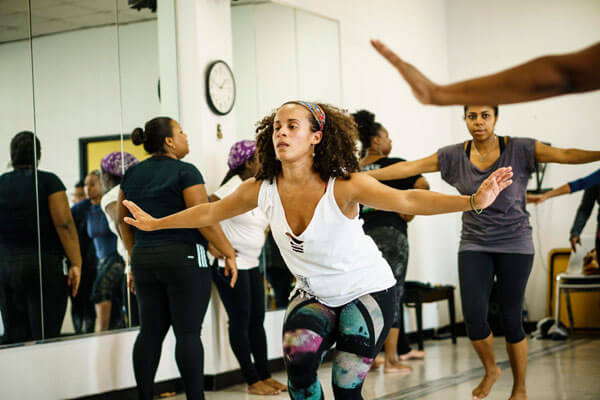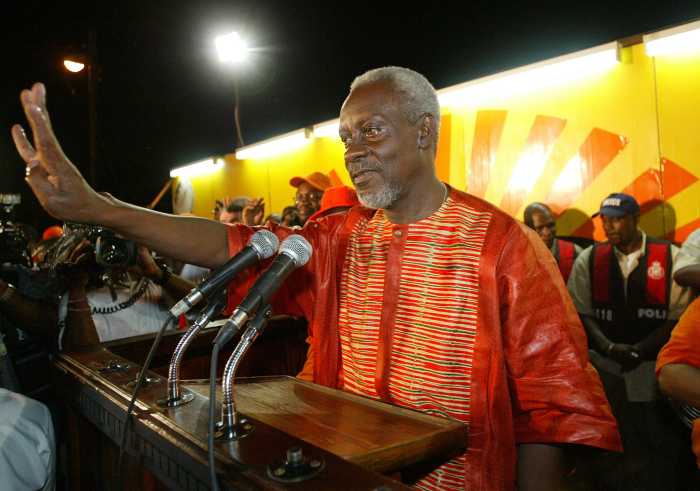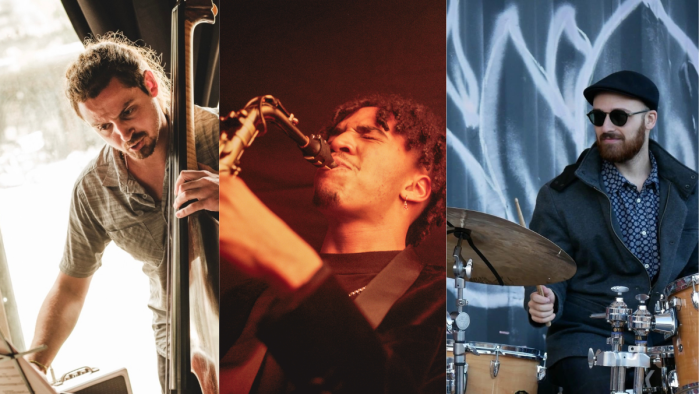Home is where the heart is. For first and second generation Caribbean Americans, that “home” they long for — that of their parents or grandparent’s home country — is felt through their celebration of their culture whether through playing mas, enjoying the food, and speaking the language.
Founder and Haitian-America Sabine Blaizin touches on this notion of home for Haitian-Americans by curating events that celebrate art connecting to their Haitian roots.
According to Blaizin, who created Lakay Se Lakay — or Home Is Home — two years ago, many artists in the diaspora connect to their Haitian culture whether they have or have not visited the country.
“There is definitely a need to have a platform for Haitian diasporic innovators, artists and entrepreneurs, to share their story and also connect with other people that are like-minded,” Blaizin explained. “Also to give homage and connect back the roots.”
Blaizin saw a need to connect Haitian artists under one umbrella to offer exposure for both the artists and the diaspora community.
According to Blaizin’s website, “The Lakay Se Lakay Project seeks to be a multimedia hub for emerging cutting-edge Haitian diasporic (of Haitian descent, living in Haiti, and abroad) innovators. Through our website, documentaries, conferences, workshops, and events our vision is to create global cultural exchange; educational opportunities for Haitian diaspora adults and youth; and highlight Haitian artists and entrepreneurs.”
Blaizin, who is known as a DJ, producer, and event planner, first curated a TK event last year in collaboration with the Haiti Cultural Exchange.
Initially, the event was called “Lakay Se Lakay: Haitian Electronic Artist Conversation Series.” After the death of one the panelists, Marjory Smarth, Blaizin chose to celebrate her legacy by expanding the program to celebrate not only modern Haitian electronic music, but also aspects of traditional Haitian culture, in a weekend-long conference.
“A lot of first and second generation Haitians, unfortunately through political turmoil or stereotyping, have not been back to Haiti but its interesting that the foundation of their work are very intentional to have traditional Haitian culture as part of their work,” she said.
The final conference day, Sunday, Jan. 31, wrapped the whirlwind weekend with a master dance class led by Montreal-based, traveling dance troupe Mapou Ginen – which performed the night before.
“I couldn’t be more grateful to have them come and participate in my conference and we’re definitely looking to collaborate and bring this back to Montreal,” Blaizin said.
This was the first time Mapou Ginen traveled to New York City to perform and teach a class.
“When I was in Montreal last year there were members of Mapou Ginen and they suggested they wanted to collaborate. I told them I was doing this conference in New York and if they were able to come down I would highlight them as a dance performance,” she explained.
Students in the dance class, which was held in Bedstuy at the Restoration Plaza, danced to traditional drums following the instruction of the ladies of Mapou Ginen.
“This was a dream that was realized,” she said.
Blaizin is already prepping to continue providing events for the Haitian community, keep in touch with her and upcoming events via her Facebook Sabine Blaizin (OyaSound).

.



























